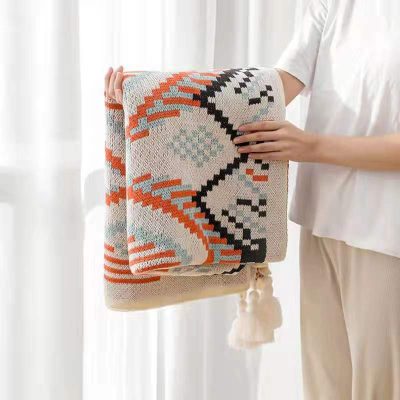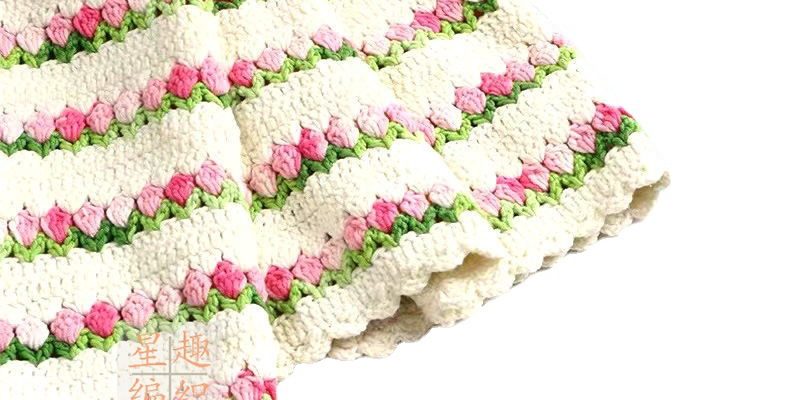Blankets evoke a deep sense of comfort and security that can be attributed to several psychological factors:
1. **Physical Comfort and Warmth**: The primary function of blankets is to provide warmth and physical comfort. When we wrap ourselves in a blanket, it creates a cocoon-like environment that regulates our body temperature, mimicking the feeling of being held or hugged. This physical sensation triggers the release of oxytocin, often referred to as the “love hormone,” which promotes feelings of relaxation and well-being.
2. **Sense of Safety and Security**: From infancy, blankets are associated with feelings of safety and security. This association continues into adulthood, where blankets serve as a symbol of protection and sanctuary. The soft texture and weight of a blanket can create a barrier against stress and anxiety, helping individuals feel grounded and protected in their environment.
3. **Nostalgia and Emotional Attachment**: Many people develop emotional attachments to specific blankets, often referred to as “security blankets” or “comfort blankets.” These attachments are rooted in childhood experiences and memories associated with warmth, comfort, and reassurance. The familiar scent, texture, or even color of a blanket can evoke nostalgic feelings and provide a sense of continuity and stability amidst life’s changes.
4. **Pavlovian Conditioning**: Over time, blankets become conditioned stimuli associated with relaxation and sleep. Just as Pavlov’s dogs learned to associate the ringing of a bell with food, we associate the act of wrapping ourselves in a blanket with restfulness and relaxation. This conditioning reinforces the psychological response to blankets as a cue for winding down and feeling at ease.
5. **Symbolism of Home and Belonging**: Blankets are integral to the concept of “home.” They symbolize warmth, nurturing, and belonging within the context of one’s personal space. Whether it’s a cozy throw on the sofa or a familiar blanket on the bed, they contribute to the ambiance of comfort and familiarity that defines our sense of home.
6. **Psychological Comfort**: Beyond physical warmth, blankets provide psychological comfort by serving as a source of emotional support during times of stress or discomfort. The act of wrapping oneself in a blanket can be a form of self-soothing, reducing anxiety and promoting relaxation.
In summary, the psychology of blankets revolves around their ability to provide physical comfort, evoke feelings of safety and security, trigger nostalgic memories, and symbolize the concept of home and belonging. These factors combine to create a profound sense of comfort and well-being that makes blankets feel like an essential part of our personal sanctuary.


















